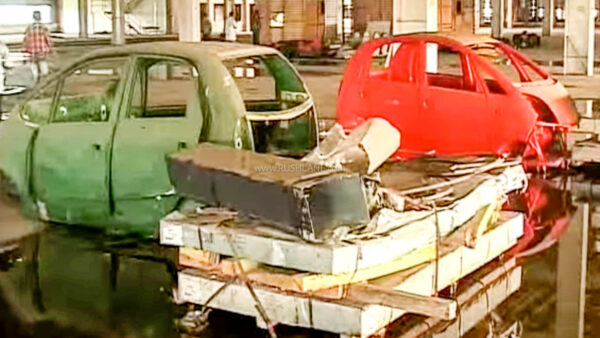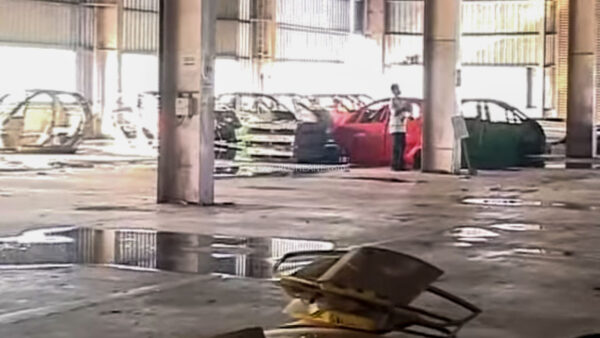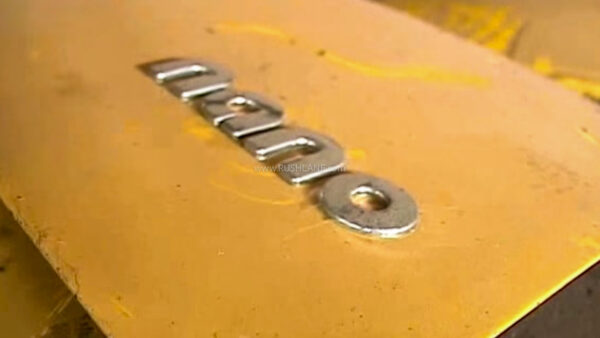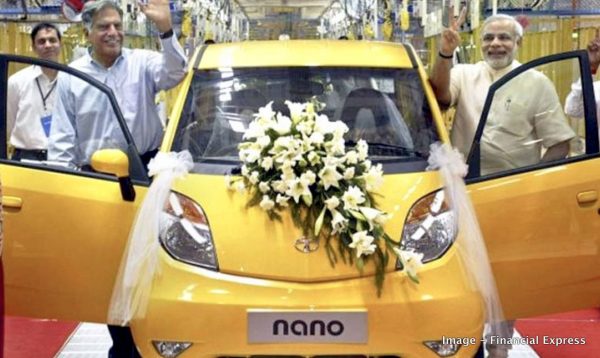
Tata Motors had shifted their Nano plant from Singur, West Bengal to Sanand, Gujarat in 2008 – After TMC, opposition party wanted 400 acres of the allotted 997 acres land returned to unwilling landowners
In a significant turn of events, Tata Motors has emerged triumphant in the long-standing dispute surrounding its Singur plant in West Bengal. The automaker was locked in a legal battle with the West Bengal Industrial Development Corporation Limited (WBIDC) for over a decade, stemming from protests against land acquisition that forced the closure of the Singur plant in 2008. On Monday, Tata Motors secured a resounding victory when an arbitral tribunal ruled in its favour, paving the way for the recovery of Rs 766 crores from WBIDC.
Tata Motors Wins Singur Nano Plant Land Dispute
The dispute revolved around Tata Motors’ ambitious plans to manufacture the Nano, touted as the world’s most affordable car, at the Singur facility. However, the project faced fierce opposition from local farmers and political leaders, including Mamata Banerjee of the Trinamool Congress, who argued that the land acquisition did not adequately compensate the nearly 6,000 families displaced by the project. The Singur issue became a symbol of the ongoing tension in India between industrial development and land acquisition, setting the stage for a landmark legal battle.

The arbitral tribunal’s decision brings closure to this protracted conflict. Tata Motors is not only entitled to recover Rs 766 crores from WBIDC, but the tribunal also ordered WBIDC to pay interest on this amount at a rate of 11% per annum, dating back to September 2016 until the funds are fully recovered. Additionally, WBIDC is required to bear the cost of the proceedings, amounting to Rs 1 crore.
Key takeaways from the Singur land dispute
The significance of this victory extends beyond the monetary compensation. The Singur case was seen as a litmus test for land acquisition and industrial development practices in India. It laid bare the complexities of balancing economic progress with the rights and concerns of local communities affected by industrial projects. The roots of the conflict date back to the early 2000s when the Left Front-led West Bengal government announced its intentions to acquire 1,000 acres of fertile farmland in Singur for Tata Motors’ car factory.

The government’s argument was based on the premise that the factory would generate employment opportunities and stimulate the local economy. However, this vision clashed with the deep-seated grievances of local farmers and the political mobilization led by Mamata Banerjee, who rode the wave of protests against land acquisition to victory in the 2011 elections. This marked a historic shift in West Bengal’s political landscape, bringing an end to the decades-long rule of the Communist party.
Moving to Sanand
Tata Motors had initially invested heavily in the Singur project, commencing factory construction in 2007 before being compelled to halt operations in 2008 due to the escalating protests. Subsequently, the company relocated its manufacturing unit to Sanand in Gujarat.

While the Nano project was discontinued in 2018, Sanand continues to be a significant site for Tata Motors’ other passenger vehicle production. Tata Motors manufactures Tiago and Tigor along with its CNG and EV variants at the Sanand Plant. Tata Motors has also purchased Ford India Plant which was just next to their plant in Sanand for further expansion.

